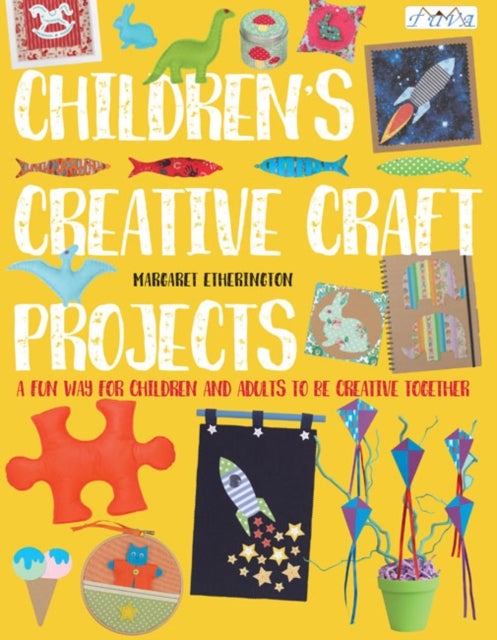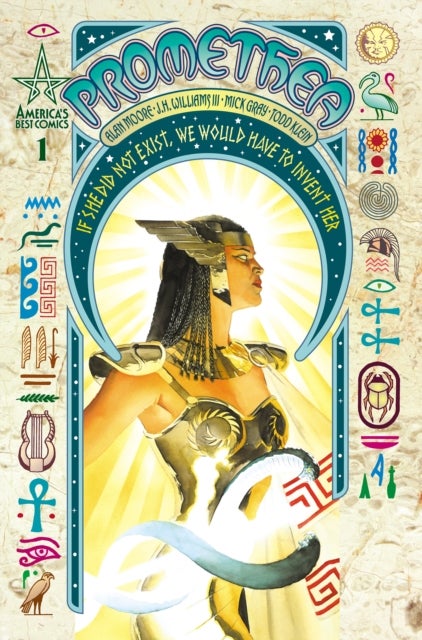
Treacherous Play av Marcus Carter
279,-
<b>The ethics and experience of “treacherous play”: an exploration of three games that allow deception and betrayal—<i>EVE Online</i>, <i>DayZ</i>, and <i>Survivor</i>.</b><br><br>Deception and betrayal in gameplay are generally considered off-limits, designed out of most multiplayer games. There are a few games, however, in which deception and betrayal are allowed, and even encouraged. In <i>Treacherous Play</i>, Marcus Carter explores the ethics and experience of playing such games, offering detailed explorations of three games in which this kind of “dark play” is both lawful and advantageous: <i>EVE Online</i>, <i>DayZ</i>, and the television series <i>Survivor</i>. Examining aspects of games that are often hidden, ignored, or designed away, Carter shows the appeal of playing treacherously.<br> <br>Carter looks at <i>EVE Online</i>’s notorious scammers and spies, drawing on his own extensive studies of them, and describes how treacherous play








